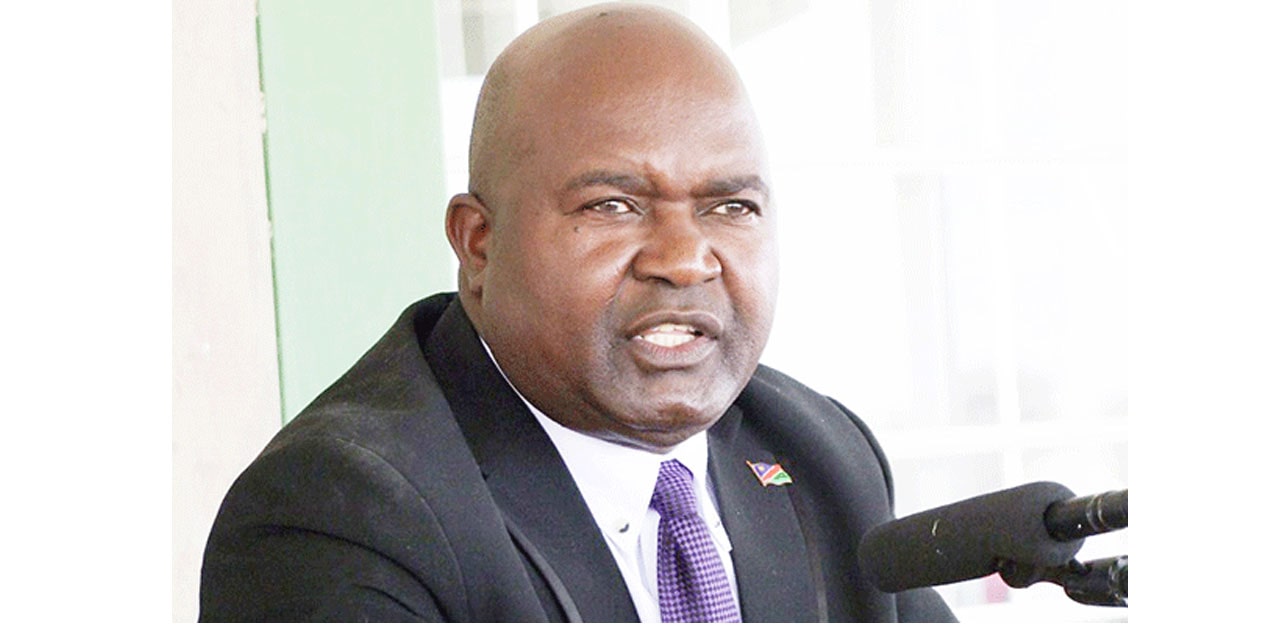Obrein Simasiku
Oshikoto residents living in the remote areas are unable to access water because of reduced water pressure.
The residents are deprived of water for weeks, especially those living in the villages of Eengodi and Nehale Lya Mpingana constituency, while those living in the areas of Casablanca rely on boreholes.
“Water is a critical resource for economic growth and a better life. By 2016 already, the Namibia Demographic Survey indicated that the region had coverage of 93% of households with safe drinking water, however, the pipeline water pressure in most areas is too low,” said Oshikoto governor Penda Ya Ndakolo.
Nehale Lya Mpingana, Eengodi and Okankolo Constituencies are still in dire need of safe drinking water, he added.
“Most of the people deep in these villages are still drinking saline and dirty water especially because of acute shortages.”
Despite these challenges Ya Ndakolo, said the region has made progress in installing boreholes and constructing water pipelines.
He therefore commended the Rural Water Supply Division for providing water relief to some of the rural communities in distress.
To address these water shortages, the Rural Water Supply Division drilled boreholes at the Nehale Lya Mpingana Constituency.
The Division installed 7 out of 13 supposed boreholes that were drilled at a cost of N$1.9 million. Furthermore, they rehabilitated two boreholes costing N$621 000, which now provide clean and safe water for household use and animal consumption,” stated the governor.
But, he added that it is unfortunate that some of the drilled boreholes turned out to have saline water, thus making it unfit for human consumption.
In addition, the Oshikoto Regional Council has constructed three water pipelines, namely the Ndinelago Elwatha pipeline in Olukonda Constituency; Egolo Amikoka pipeline in Okankolo Constituency and Onangolo B pipeline in Eengodi Constituency at an amount of over N$800 000.
Other projects included the Amutenya GWA Nuutumbo and Omtala GWA Nuule Earth Dams, which were upgraded at a cost of over N$2.2 million, through a grant from the Namibian Environmental Investment Fund.
A new solar water pump system was installed at a cost of N$220 370 for marginalized farmers at five resettlement farming units through funding from the Ministry of Agriculture, Water and Land Reform.
“The Ministry also spent more N$1 million on materials for the construction of water tank stands, tanks, and animal troughs at twelve resettlement farming units in the region. The construction and installation of water supply infrastructure will commence in this financial year,” reiterated Ya Ndakolo.
In the same vein, through the division of marginalized communities, two elevated water tanks of 10 thousand liters capacity each were installed for irrigation and provision of water to the marginalized communities at Tsintsabis at a cost of N$285 672.




